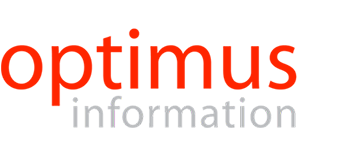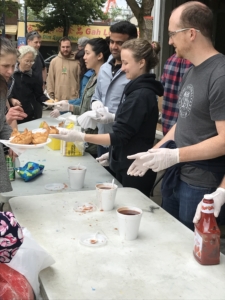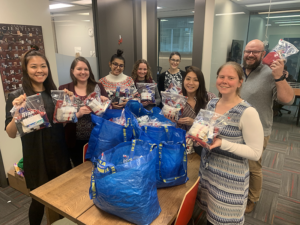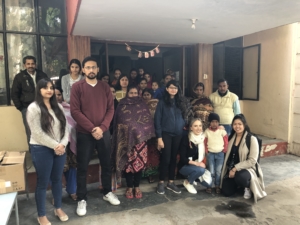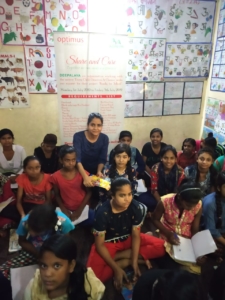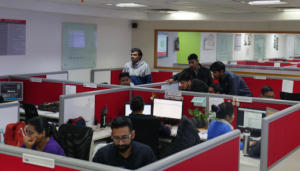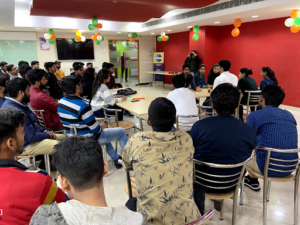We are truly in the digital age; data in every enterprise is growing at an exponential rate. A report from Forrester shows that businesses with a data-driven culture are growing 30% annually. And with this growth, our statistical analyses are becoming more accurate too. But one thing to remember is that as humans, when we see success we tend to stick to the behaviours we practiced before the success happened. As a result, sometimes it’s easy to get stuck in one mode of doing things. As well, we often fall into the trap of having data silos confined to only a certain team or project. But why? Why not make data accessible all through the entire organization and allow business leaders to make faster, better-informed decisions. And here’s where creating a data-driven culture comes in.
What is a Data-Driven Culture?
Although it’s a term that’s being used frequently in the technology community nowadays, what does it really entail? Essentially, having a data-driven culture means treating your data as the main resource and educator for every facet of the organization. Using data and analyses allows team members to make better-informed decisions that aren’t as skewed by what “feels right”. Although emotion is important, a part of what makes us human, it’s easy to be swayed into a less than optimal situation. There are a few main components that are crucial to securing a data-driven culture. Firstly, every team member needs access to high-quality data. But not only that, they need the tools and background knowledge to know how to implement the data itself. Having a tool like a central database is incredibly powerful, but only when the people using it know how to get the most out of it.
Why is it Important?
For most businesses, the customer or client is the priority all the way through the business model. Companies with a data-driven culture better satisfy customers. With fact-based innovation, decision making becomes efficient. Strategies are clarified and backed by hard data. Having data scientists available to all branches of a company actually simplifies concepts, as counterintuitive as that might sound. More people leading to less entropy? With a data-driven culture, that’s the reality. Understanding and implementing these techniques offer the upper hand to the company, especially when combined with team training.
Ways to Create a Data-Driven Culture
- Change the Culture
At the root of it all, a change into a data-driven culture is a change in mindset on all levels. And the only way to incentivize this shift is to identify and communicate the necessity and importance of data. Make sure your team understands why data is such a vital part of an organization, and how it will help not only their own work, but the organization as a whole.
- Lead With a Top-Down Approach
Leading by example has always been a word from the wise. A top-down approach sets clear goals and expectations for all members of the organization, C-suite or otherwise. When the top executives show that they are investing time, energy, and mind space into a new process, others will follow suit. This will help change the aforementioned mindset.
- Invest in High-Quality Data Infrastructure
Just like with anything else, when you are starting out, it’s usually beneficial to have durable, reliable resources. The same goes for a data-driven culture. Making sure to invest in high-quality data infrastructure demonstrates the emphasis that the leadership is putting into being data-centred. As well as this, it assures fewer bumps down the road due to technical instability.
- Establish Accessibility
The whole idea behind having data as one’s main resource is that the whole company gets to benefit from the statistics. It’s crucial to make sure that every team member can access information, whether it’s across divisions or not. Creating those inter-team relationships and communication between projects not only fosters community, but also a wider awareness of what else is going on. Additionally, when everyone is working from the same dataset, it’s less likely that analyses from different sectors won’t be in alignment.
- Keep An Open Mind
Arguably the most pivotal part of adapting to a new practice is keeping an open mind. It can be difficult sometimes. Understand that data may be surprising and contrary to your belief, but it’s up to how your organization chooses to accept and reflect on it. Getting in the habit of backing all decisions with analytics and data points, increases credibility and provides fact-based evidence for decisions; this is great for communicating with clients as well.
Optimus Information can help create a strategy and roadmap for your Data & AI initiatives and use your data for actionable intelligence to maximize the business impact.
Contact us if you want to learn more.
